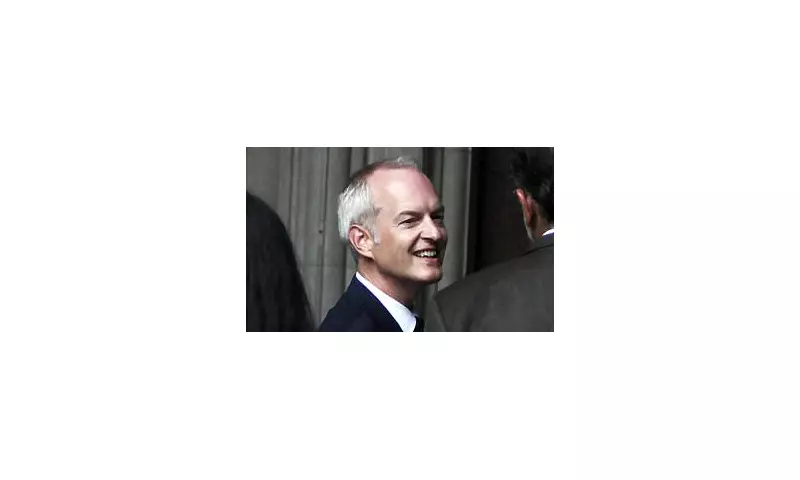
In a landmark ruling that has sent shockwaves through the medical community, a distinguished NHS bariatric surgeon has been awarded nearly £200,000 after winning his employment tribunal case against a major hospital trust.
A Career Derailed by Surgical Complications
Professor Rishi Singhal, formerly one of Britain's leading weight-loss surgeons, saw his prestigious career unravel following a single operation that left his patient in severe pain. The University Hospitals Birmingham NHS Foundation Trust suspended the renowned medic after the problematic gastric bypass procedure in 2019.
The tribunal heard how Professor Singhal, who had performed thousands of successful operations throughout his career, found himself at the centre of a bitter dispute over patient safety and surgical standards.
The Operation That Changed Everything
During the fateful procedure at Heartlands Hospital, Professor Singhal encountered unexpected complications. The tribunal documents reveal that the surgeon discovered his patient had a rare anatomical variation described as an 'unusual liver configuration.'
Despite these challenges, Professor Singhal maintained he had acted appropriately throughout the operation. However, the patient subsequently developed serious complications, spending 11 days in hospital and requiring further surgical intervention.
NHS Trust's 'Unjustified' Response
The employment tribunal strongly criticised the hospital trust's handling of the situation, describing their investigation as 'inadequate' and their disciplinary process as 'unjustified.'
Judges noted that the trust had failed to properly consider whether the complications resulted from the patient's unique anatomy rather than surgical error. The ruling stated there was 'no evidence' supporting claims that Professor Singhal had endangered patient safety.
Devastating Career Consequences
Before the suspension, Professor Singhal had built an international reputation as a pioneering bariatric surgeon. The medic had previously served as the clinical lead for bariatric surgery at University Hospitals Birmingham and held an honorary professorship at the University of Warwick.
The tribunal heard how the suspension and subsequent investigation effectively ended his NHS career, causing significant professional and personal distress.
Broader Implications for NHS Staff
This case raises important questions about how NHS trusts handle complications and support staff through challenging clinical situations. The substantial compensation award highlights the serious consequences of what the tribunal deemed an unfair disciplinary process.
Medical professionals across the UK will be watching closely as this case may set important precedents for how similar situations are handled in future.
The ruling serves as a stark reminder of the delicate balance between patient safety and supporting medical professionals when complications inevitably occur during complex surgical procedures.





